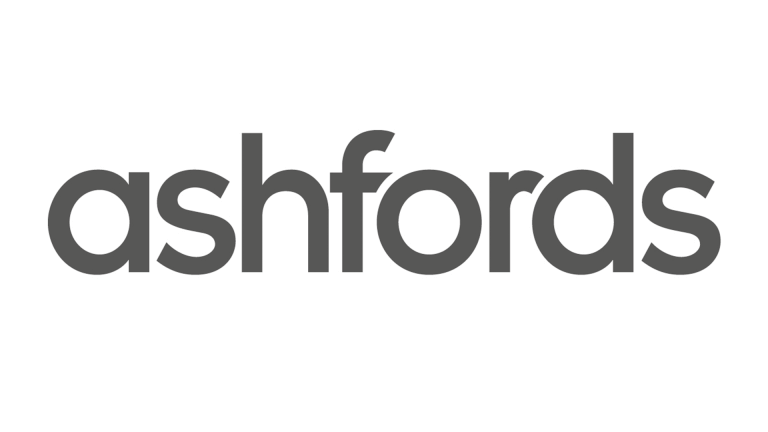Created by coffee enthusiasts’ entrepreneur Colin Pyle, chef John Quilter and former model and LSE Graduate, Bodil Blain in 2013, CRU Kafe challenge the ethics and sustainability of coffee giants like Nespresso by using only the best high altitude, organic and fairtrade coffee, resulting in a blend unlike any other. The unique grounds are then packaged inside ecofriendly Nespresso compatible pods and delivered direct to customers’ doors.
CRU Kafe was born out of a desire to have great coffee at home that was ethical and easy to make. Cofounder Colin has successfully built, scaled and lead four companies prior to cofounding CRU Kafe. He sold his first company for 5 million CAD. John, a restaurateur, has a joint venture with Jamie Oliver’s Food Tube, where he appears regularly as the Food Busker one of the fastest growing food You Tube channels in the UK. Coffee is the second largest commodity in the world and the biggest traded resource on the planet. Speciality coffee equates to 37% of volume and 50% of the revenue of this $32 billion dollar market and it’s clear to see that the continued trend, and demand, for better tasting coffee from a better coffee company presents many opportunities for CRU Kafe who was voted ‘best coffee in a capsule’ by an independent taste test led by The Sunday Times.
CRU Kafe takes a technology lead approach to business through leveraging offline and online to curate a social platform that sells coffee. Utilising video content CRU Kafe engages customers on their mobile friendly website and creates value for their monthly subscribers by offering resources that its competitors don’t, including an extensive bank of recipes. CRU Kafe currently distribute product to The UAE, Kuwait, Ireland and Norway. In the UK CRU Kafe is stocked within selected retail outlets including Harrods, Partridges, Whole Foods, Jamie Oliver’s Recipease and the Grocer (Notting Hill & Chelsea) as well as online at Ocado and grow by 15% in terms of sales month on month.
With a £300,000 investment CRU Kafe aim to stabilise their working capital and focus upon customer acquisition via print media and TV.
The move highlights the increasing popularity of crowd funding schemes as faith in traditional lending declines.
























